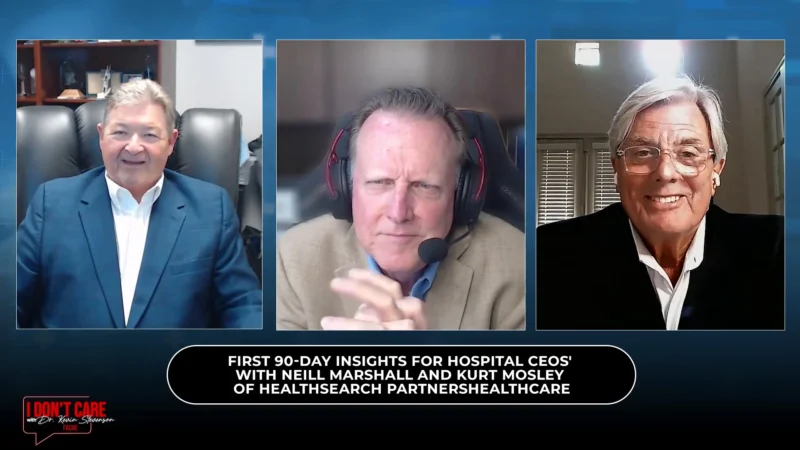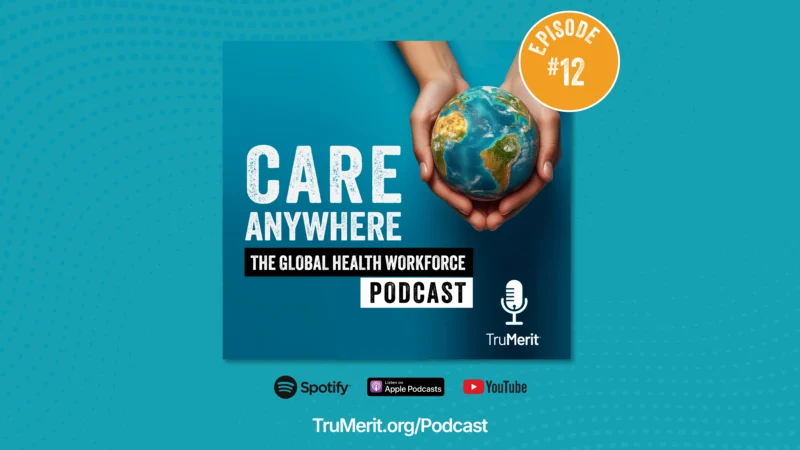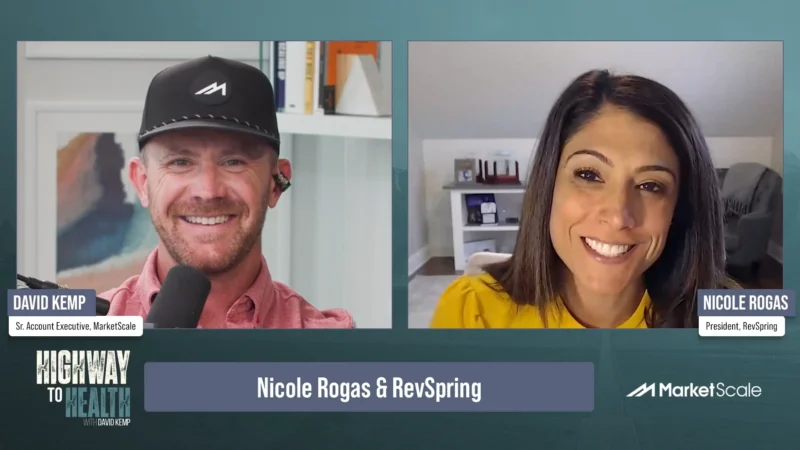What does Carevive do that my EHR doesn’t and how do I access the data?
In this video, John Elliott from Carevive sheds light on the questions surrounding Carevive’s unique offerings and how they differ from the EMR. Acknowledging the valid question of how Carevive stands apart, John explains that Carevive is complementary to the EMR, often fully embedded within it.
What sets Carevive apart is its ability to capture patient experience data, bridging the gaps between consults and infusion visits. While the EMR captures essential clinical data and documentation, it may not encompass the vital patient experience data. Carevive steps in to fill these gaps, providing discrete, trendable patient experience data, enabling proactive management and improved patient outcomes.
Accessing Carevive data can be seamless, as it’s often embedded within the EMR, ensuring an effortless user experience for clinicians. Dashboards offer real-time access to discreet ePROs data, empowering clinicians to take timely actions and improve patient care.
Moreover, from a process improvement perspective, Carevive data provides insights into symptom burden and quality of life for specific tumor types and treatments, guiding care services to focus on the highest severity symptoms.




